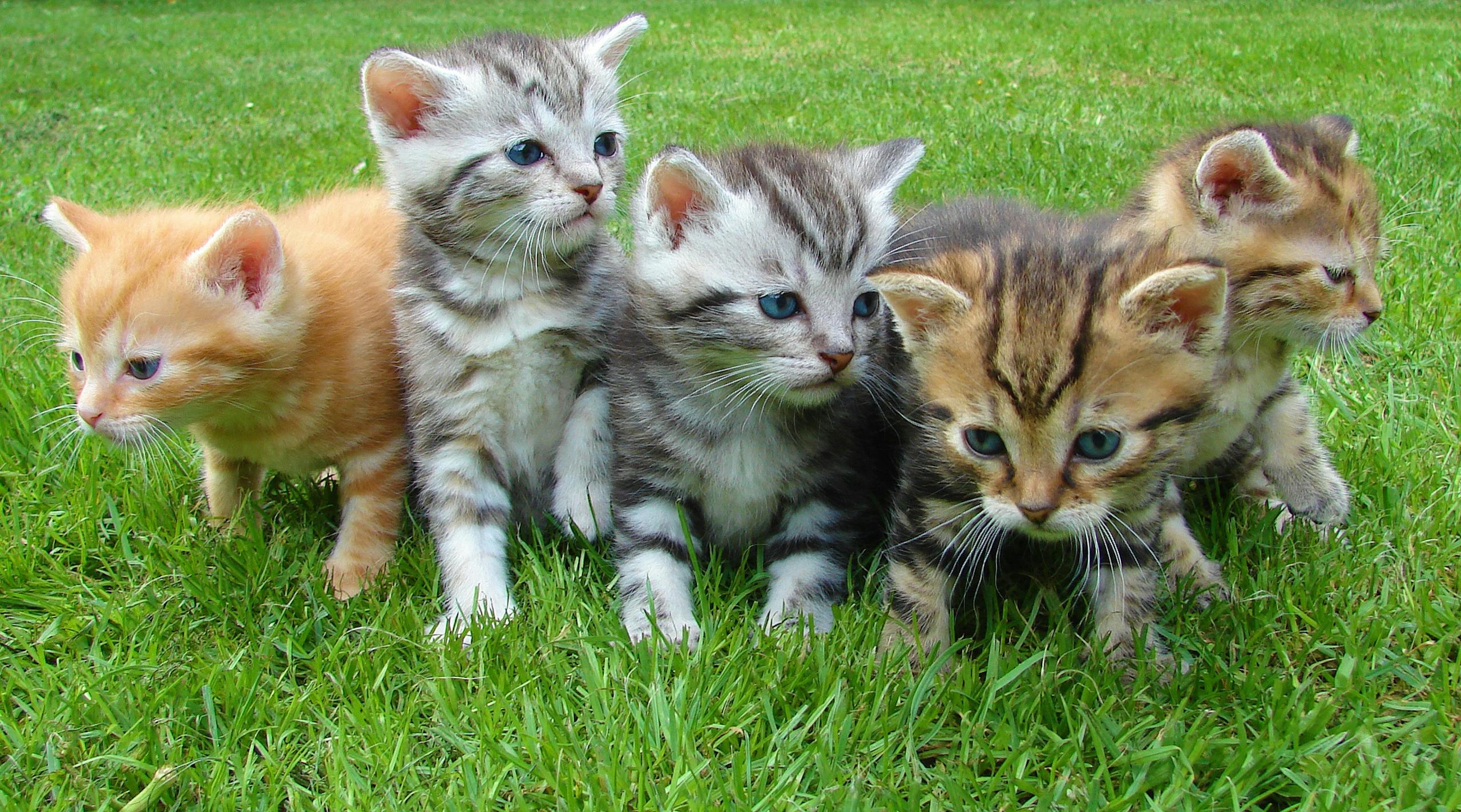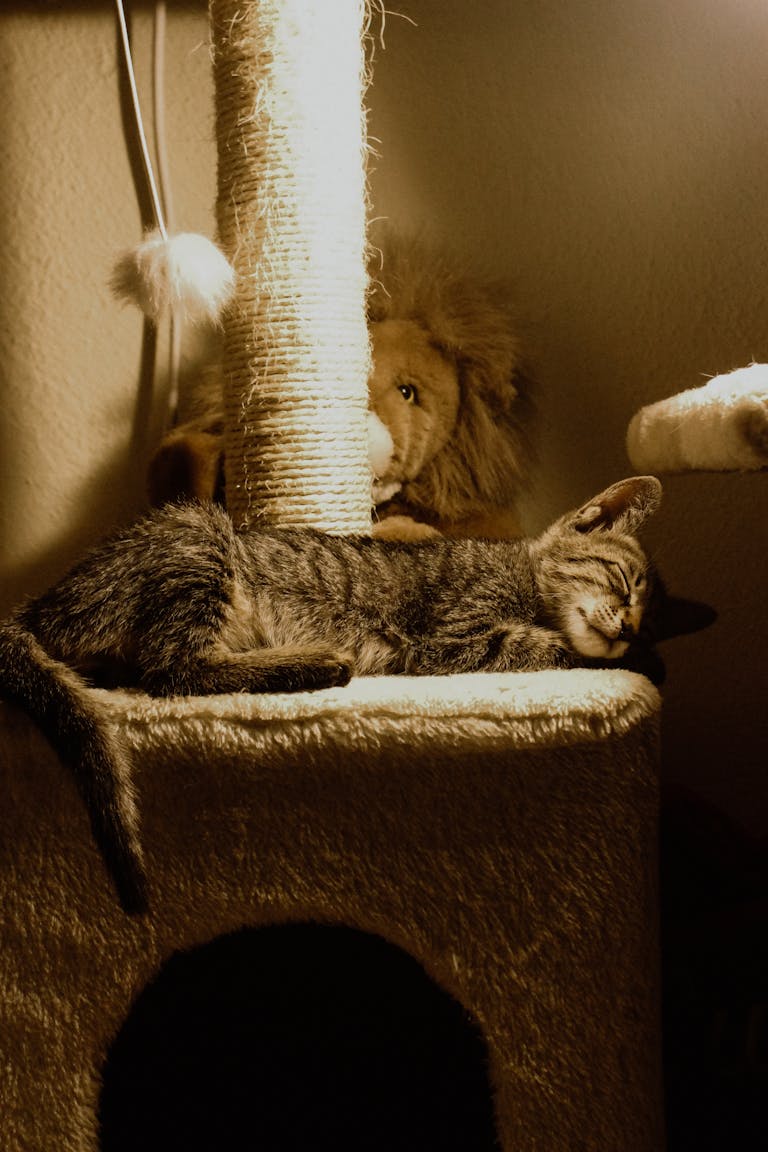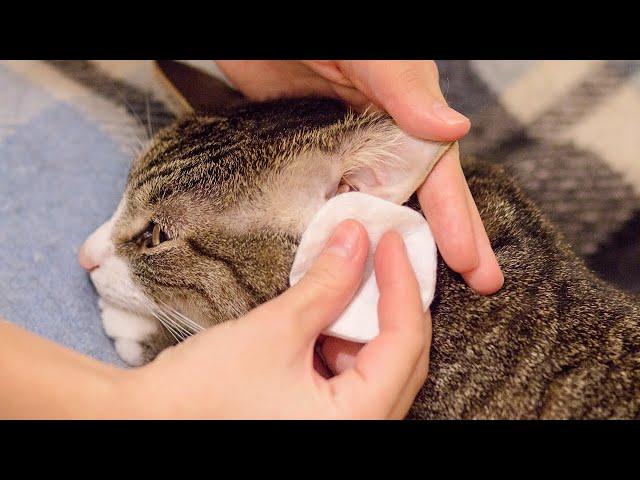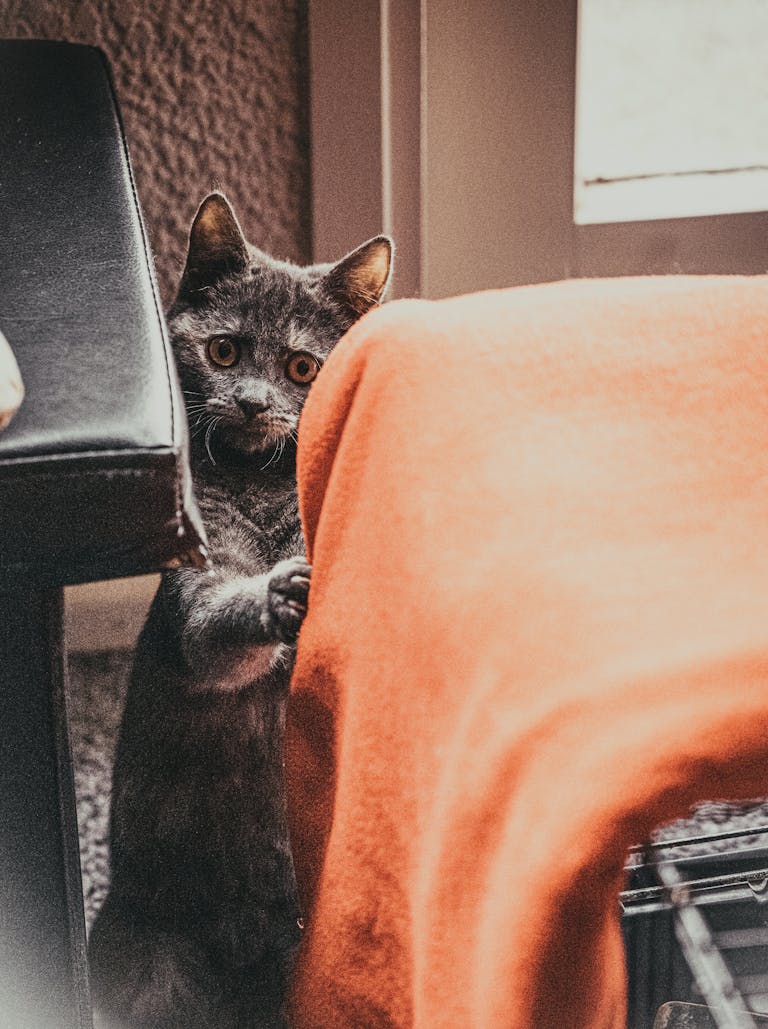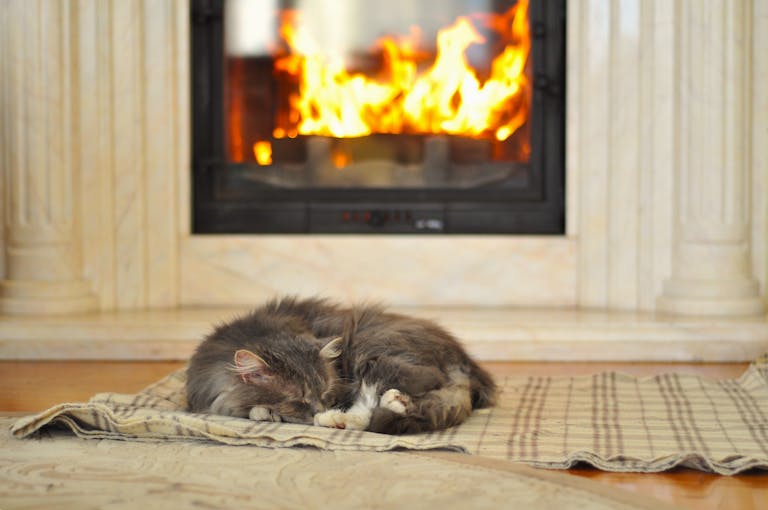Top 5 Cat Breeds for First-Time Owners

Top 5 Cat Breeds for First-Time Owners
So, you’ve decided to bring a little feline magic into your life — congrats! Cats are fantastic companions, full of quirky personalities and endless cuddles. But if you’re a first-time cat owner, diving into the world of whiskers and purrs can feel a bit overwhelming. What breed is best for beginners? Which cats are friendly and adapt easily to a new home? Don’t worry, I’ve got your back. I’ve spent years around cats of all shapes, sizes, and breeds, and I’m excited to share my top picks for cat breeds that make fantastic first-time furry friends.
Why Choosing the Right Cat Breed Can Make All the Difference
Picking your first cat is more than just falling for those adorable kitten eyes. Every breed has its own personality quirks, activity levels, grooming needs, and social tendencies. Choosing a breed that fits your lifestyle means less stress (for you and the cat), smoother adjustments for everyone involved, and a happier, healthier relationship going forward.
Imagine adopting a super high-energy breed when you work long hours, or a very vocal cat right when you value peace and quiet. The mismatch can cause frustration and might even lead to rehoming pets, which nobody wants. So, learning about which breeds tend to be easygoing and friendly to newbies sets you and your future kitty up for success!
The Top 5 Cat Breeds That Are Perfect for First-Time Owners
Ready for the lineup? These breeds tend to be affectionate, adaptable, and relatively low-maintenance — everything a beginner cat parent might hope for. Let’s dive into what makes each one shine!
1. Ragdoll
-
- Personality: Ragdolls are famously laid-back and gentle. They’ll flop into your arms like a ragdoll (hence the name!), loving cuddles and calm environments.
-
- Energy Level: Moderate — playful but not hyperactive.
-
- Grooming Needs: Their medium-long coat requires regular brushing to avoid mats, but their relaxed temperament makes grooming a breeze.
-
- Why They’re Great for Beginners: They’re super social, get along well with kids and other pets, and rarely display aggressive behavior.
2. British Shorthair
-
- Personality: This breed is calm, affectionate, and often described as “teddy bear” like.
-
- Energy Level: Laid-back, though they enjoy short bursts of playtime.
-
- Grooming Needs: Low-maintenance short coat that only needs occasional brushing.
-
- Why They’re Great for Beginners: They’re pretty independent but still enjoy company, making them ideal if you’re not home all day.
3. Maine Coon
-
- Personality: Gentle giants! Maine Coons are affectionate, intelligent, and sociable without being demanding.
-
- Energy Level: Moderate — they enjoy play and exploration.
-
- Grooming Needs: Their long fur needs regular grooming but their sweet nature often helps make this a bonding experience.
-
- Why They’re Great for Beginners: Tough, friendly, and adaptable cats that usually get along well with everyone, including kids and other pets.
4. Scottish Fold
-
- Personality: These guys are charming and super affectionate. They love to be near their people but aren’t needy.
-
- Energy Level: Moderate — playful in fun spurts and then happy to lounge.
-
- Grooming Needs: Short to medium coat makes grooming pretty simple.
-
- Why They’re Great for Beginners: Sweet disposition and a knack for adjusting well to different living situations.
5. Burmese
-
- Personality: Burmese cats are affectionate chatterboxes who thrive on attention but aren’t overly clingy.
-
- Energy Level: High — expect lots of play and interaction.
-
- Grooming Needs: Their short silky coat is easy to maintain.
-
- Why They’re Great for Beginners: Their lively personality makes them a fun companion for an active household.
Getting Off on the Right Paw: Simple Tips for New Cat Parents
Create a Cozy Sanctuary
Your new best friend will need a quiet, safe space to retreat to as they adjust. Think soft beds, a few toys, and easy access to food, water, and litter boxes. Making this “cat nook” welcoming will help them feel secure and loved.
Invest in Quality Food
Feeding a balanced diet designed for your cat’s age and health is key. If you’re unsure what to pick, chat with your vet for breed-specific guidance. Good food keeps fur shiny and energy levels healthy.
Keep Up With Vet Visits
Regular check-ups are a must, especially for your first cat. Vaccinations, dental care, and parasite prevention keep your feline friend feeling their best.
Play, But Don’t Overdo It
Interactive play supports mental and physical health without stressing them out. Use feather wand toys or laser pointers for fun, but wrap up sessions before your cat gets too exhausted.
Common Pitfalls to Avoid: Mistakes to Dodge as a New Cat Owner
-
- Rushing the Introduction Period: Don’t overwhelm your kitty with too many visitors or spaces right away. They need time to explore at their own pace.
-
- Skipping Regular Grooming: Even short-haired cats appreciate gentle brushing. This isn’t just about looks — grooming helps with bonding and reduces hairballs.
-
- Neglecting Litter Box Hygiene: Dirty litter boxes can cause stress and undesirable bathroom habits. Scoop daily and change litter regularly.
-
- Ignoring Behavior Changes: Sudden changes in appetite, energy, or litter box usage can signal health issues — see your vet promptly.
Must-Have Supplies for Your New Furry Friend
Getting equipped before your cat arrives makes life easier for both of you! Here are some essentials:
-
- Comfortable Cat Bed: A cozy, inviting rest spot is a must.
-
- Scratching Post or Pad: Save your furniture and keep your cat’s claws healthy.
-
- Litter Box with Low Entry: Helps kittens or older cats get in and out easily.
-
- Quality Cat Food & Treats: Nutrient-rich is the way to go.
-
- Interactive Toys: Keeps your kitty entertained and active.
If you want a great grooming tool that works well for most breeds, check out this slick grooming glove. It’s comfortable to use, reduces shedding, and even feels a bit like a massage for your cat!
Bonus: Your Burning Questions About First-Time Cats, Answered
How long does it usually take for a cat to settle into a new home?
Every cat is different, but most need anywhere from a few days to a few weeks to feel comfortable. Be patient, give them space, and keep their routine consistent. Over time, they’ll start showing their true personality.
Should I get a kitten or an adult cat as a first-timer?
Both have their perks! Kittens are playful and grow with you, but they require more time and patience for training. Adult cats often come with established personalities, so you can better match your lifestyle, and they’re usually calmer.
How do I know if my cat likes me?
Cats show affection in subtle ways: slow blinking at you, head-butting, purring, kneading on your lap, or following you from room to room. Each cat has its own love language, so keep an eye out for these sweet signs!
Final Purrs
Choosing your first cat is an exciting journey filled with love, laughter, and maybe a little mischief (okay, a lot). Picking the right breed that matches your vibe can make the transition joyful and smooth for everyone involved. Whether you’re drawn to the cuddly Ragdoll, the easygoing British Shorthair, or the playful Burmese, these breeds are fantastic gateways into the wonderful world of cat parenthood.
Remember, adopting any cat means committing to love and care — no matter their breed. Take your time, prepare your home, and soon enough, you’ll have a loyal furry sidekick who’s ready to fill your days with endless purrs and priceless moments.
Happy cat parenting!

